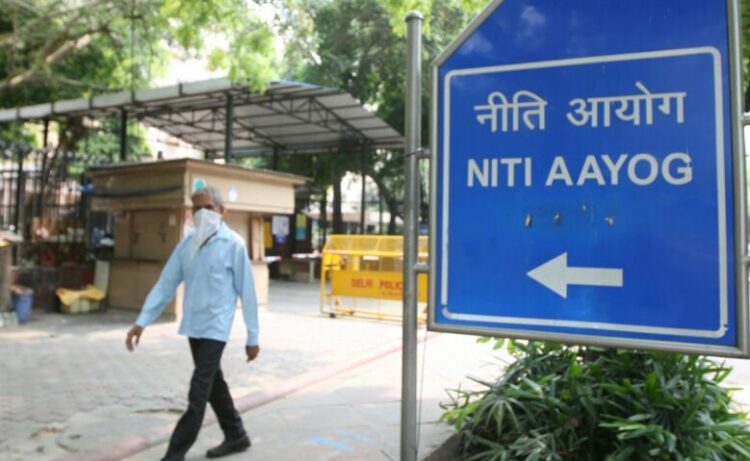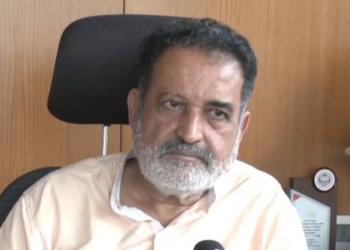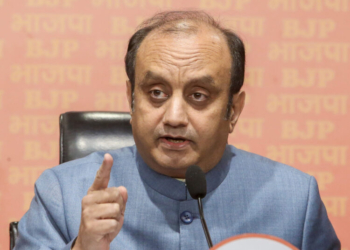New Delhi: More than 13.5 crore Indians escaped multi-dimensional poverty in five years, as there was a steep decline in the number of multidimensionally poor from 24.85 per cent to 14.96 per cent between 2015-16 and 2019-21, reveals a new Niti Aayog report released on Mondau.
Rural areas saw the fastest decline in poverty from 32.59 per cent to 19.28 per cent, according to the findings of the report titled “National Multidimensional Poverty Index: A Progress Review 2023”, which was released by Suman Bery, vice-chairman of Niti Aayog.
Uttar Pradesh registered the highest decline with 3.43 crore, followed by Bihar, Madhya Pradesh, Odisha and Rajasthan, the report said.
Improvements in nutrition, years of schooling, sanitation, and cooking fuel played a significant role in bringing down poverty, it noted.
India is on track to achieve SDG Target 1.2 (of reducing multidimensional poverty atleast by half) much ahead of 2030 deadline, the report added.
Based on the latest National Family Heath Survey NFHS-5 (2019-21), this second edition of the National Multidimensional Poverty Index (MPI) represents India’s progress in reducing multidimensional poverty between the two surveys — NFHS-4 (2015-16) and NFHS-5 (2019-21).
It builds on the baseline report of India’s national MPI launched in November 2021.
The national MPI measures simultaneous deprivations across the three equally weighted dimensions of health, education, and standard of living that are represented by 12 SDG-aligned indicators.
These include nutrition, child and adolescent mortality, maternal health, years of schooling, school attendance, cooking fuel, sanitation, drinking water, electricity, housing, assets, and bank accounts.
Marked improvement has been witnessed across all the 12 indicators, the report observed, which led to reduction of poverty.
(IANS)













